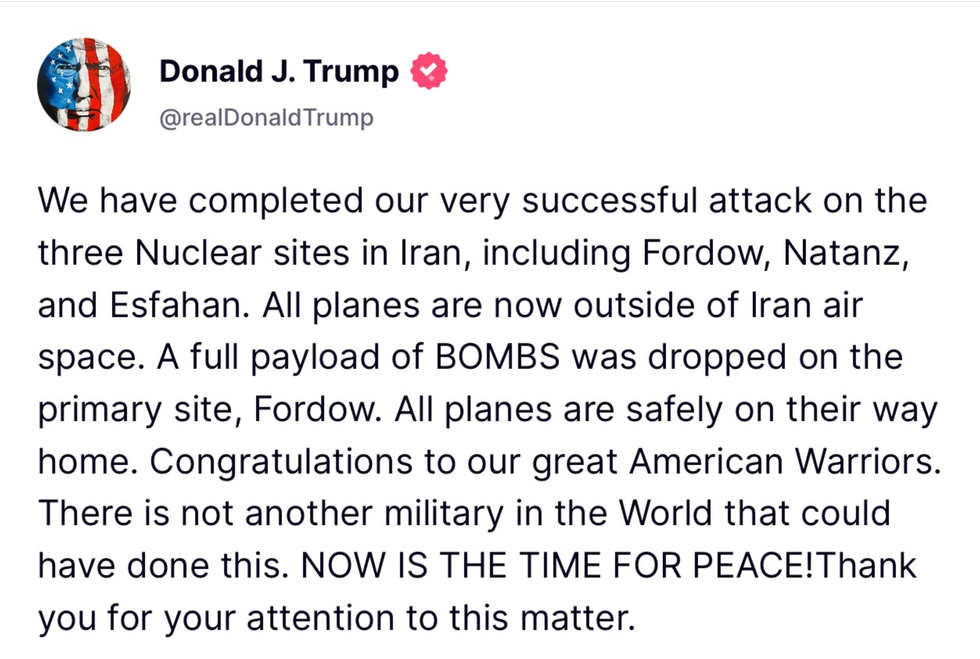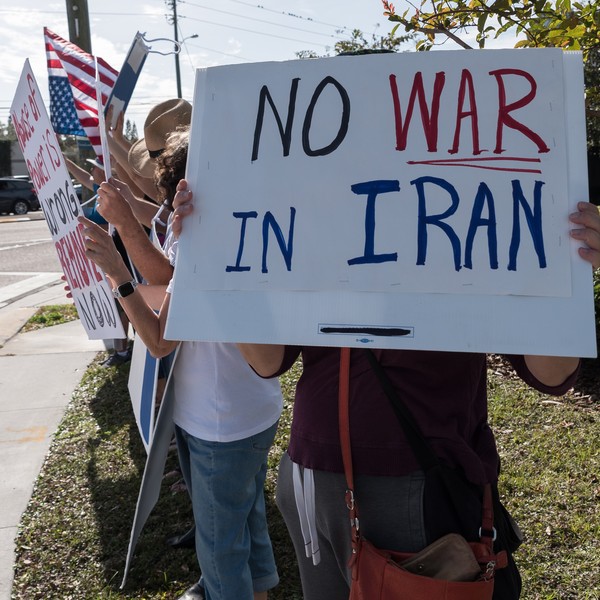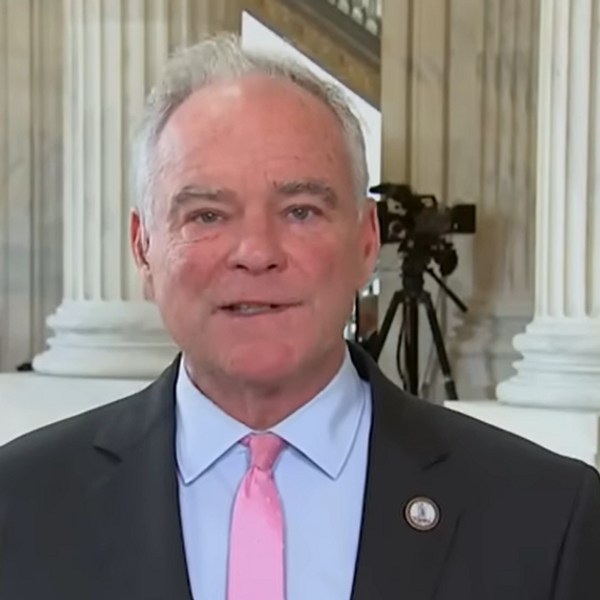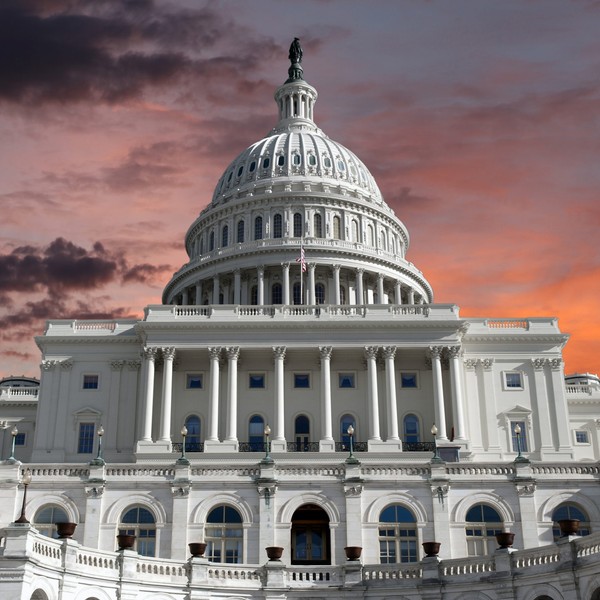The United Arab Emirates’ well-documented efforts to steer U.S. foreign policy to the Gulf state’s benefit has become a national security challenge, now rising to the attention of the National Intelligence Council, the intelligence community’s hub that draws on information from 18 U.S. intelligence agencies and serves as a bridge between the intelligence community and policymakers, according to reporting published over the weekend by Washington Post reporter John Hudson.
The intelligence community’s concerns about the UAE’s efforts to influence U.S. policy, which have been compiled in a classified report, shows that the intelligence community is closely tracking the efforts of the Gulf state to gain influence in Washington, a trend of behavior that journalists and activists have also documented in recent years.
In other words, concerns of UAE meddling in U.S. politics has now risen to a national security concern shared by the U.S. intelligence community. That scrutiny from the intelligence agencies is highly unusual as the agencies are mandated to focus on foreign threats and typically avoid engaging in activities that could be seen as studying U.S. politics or U.S. officials.
Hudson, reporting on conversations he had with anonymous sources in the intelligence community who had read the classified report, wrote:
The activities covered in the report, described to The Washington Post by three people who have read it, include illegal and legal attempts to steer U.S. foreign policy in ways favorable to the Arab autocracy.It reveals the UAE’s bid, spanning multiple U.S. administrations, to exploit the vulnerabilities in American governance, including its reliance on campaign contributions, susceptibility to powerful lobbying firms and lax enforcement of disclosure laws intended to guard against interference by foreign governments, these people said.
While the National Intelligence Council report was privy to classified information about illegal UAE meddling in America, publicly available information shows the UAE operates one of the largest legal influence operations in the United States. As documented in a forthcoming Quincy Institute brief, the Foreign Agents Registration Act (FARA) registered lobbying, public relations, and other firms working on behalf of the UAE in 2020 and 2021 reported more than 10,000 political activities on behalf of their Emirati clients.
This included extraordinary outreach to the Hill. In fact, nearly every congressional office was contacted by Emirati lobbyists to help push through arms sales to the UAE, foster greater distrust of Iran, promote the Abraham Accords, and many key policy decisions at the heart of U.S. foreign policy in the Middle East.
The forthcoming Quincy Institute brief also finds that these same members of Congress that were being contacted by UAE lobbyists were also raking in campaign contributions from these same lobbying firms.
More than $500,000 in campaign contributions from FARA registered firms working for UAE interests was given to more than 100 members of Congress these firms had contacted on behalf of the UAE in 2020 and 2021.
While some might consider these practices as pay-to-play politics, they are not illegal. FARA Supplemental Statements, where this information was obtained, make it perfectly clear that these contributions are not being made on behalf of the UAE or any other foreign client, but that they are “from your own funds and on your own behalf,” which shields lobbyists from accusations that they are guilty of helping their Emirati clients violate the Federal Election Commission’s prohibition on campaign contributions from foreign nationals.
Think tanks are another critical component of the UAE’s legal influence efforts in the United States.
“The UAE has spent more than $154 million on lobbyists since 2016, according to Justice Department records,” reported Hudson. “It has spent hundreds of millions of dollars moreon donations to American universities and think tanks, many that produce policy papers with findings favorable to UAE interests.”
The UAE is one of the top foreign donors to U.S. think tanks, every year providing millions of dollars in funding to America’s most influential think tanks, including the Atlantic Council, the Brookings Institution, the Center for Strategic and International Studies, and the Middle East Institute. In some cases, the think tanks funded by the UAE appear to provide public commentary and writing that is in line with the interests of their Emirati funders. Think tanks have even written specific reports at the request of the UAE government and, in at least one case, hired and tasked a former UAE embassy staffer to co-author a report advising policymakers on U.S. strategy in the Middle East.. Given the UAE and other countries’ extraordinary influence at think tanks, in the Quincy Institute report, “Restoring Trust in the Think Tank Sector,” we called for several common-sense reforms to improve transparency and accountability of think tank funding, most notably by requiring all think tanks to publicly disclose their foreign funders.
But despite the documented record of UAE meddling in U.S. policymaking, a record that now has risen to the top levels of the U.S. intelligence community, there’s no clear indication that the UAE is facing any consequences or has even been confronted about its actions.
Hudson spoke with a U.S. lawmaker who had read the classified report and expressed concern about the role of Emirati money in influencing American democracy.
“A very clear red line needs to be established against the UAE playing in American politics,” said the lawmaker. “I’m not convinced we’ve ever raised this with the Emiratis at a high level.”
















